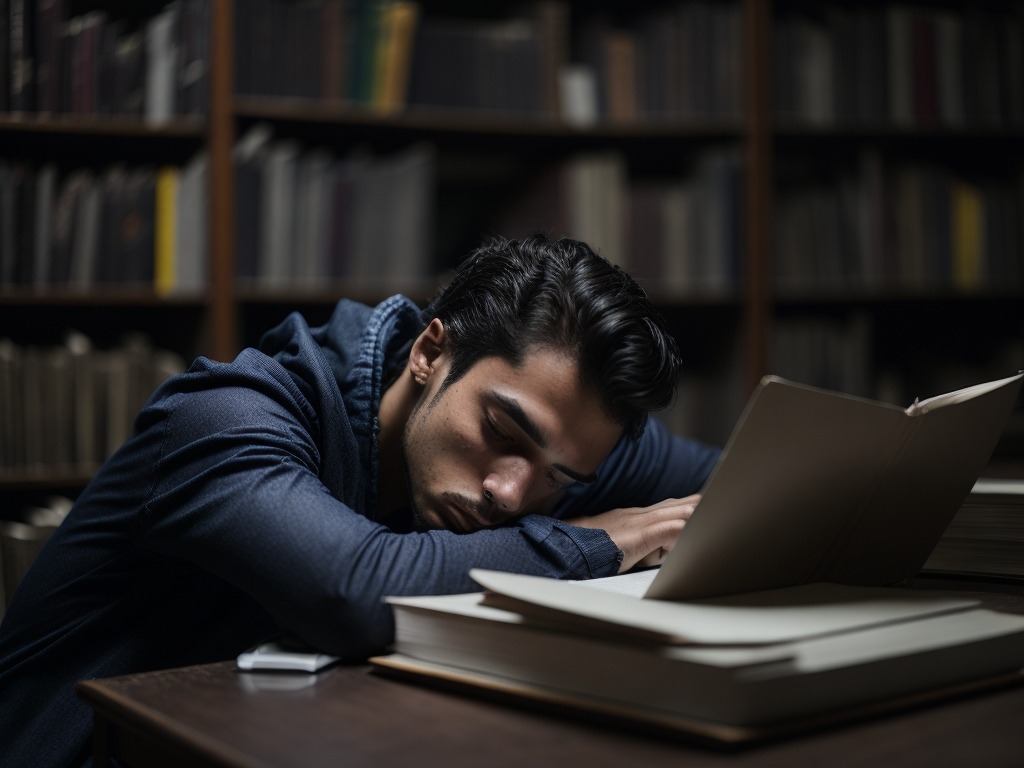The relationship between sleep paralysis (SP) and stress has been confirmed by many studies. Because of this, scientists often prefer to conduct surveys and experiments in a college environment, as it is associated with constant pressures and tensions. Researchers from Pakistan believe that medical students are particularly at high risk of SP and stress due to the demanding program and the need to combine studies with clinical practice.
The authors recruited 224 medical university students for the survey. The questionnaire included questions about sleep quality and experiences of SP. Overall, the vast majority of students (84%), especially females, complained about the quality of their sleep. However, the researchers did not find a direct link between poor sleep quality and SP. Other scientists have also noted that women are more prone to sleep disturbances than men.
Interestingly, one’s place of residence seems to matter: campus residents reported fewer episodes of SP than those who slept at home. In terms of living arrangements, the respondents were evenly split 50/50, so the comparison of these two groups can be considered fairly objective. Nevertheless, nearly half of the respondents (40%) regularly experienced SP.
SP is one of the phase states that can lead to lucid dreaming. However, episodes of SP often frighten people. This is why the authors refer to SP as a “disorder” due to which a person (usually upon awakening, which is called hypnopompic SP) cannot move or speak. Less commonly, SP occurs while falling asleep (hypnagogic SP). According to various estimates, this condition affects 5% to 62% of people.
Do you have the opportunity to compare the experiences of SP in a dormitory versus at home? Is there a difference?
The article was published in October 2023 in the Journal of Population Therapeutics and Clinical Pharmacology.
Get all the latest news about lucid dreams via our channels on Telegram, Facebook, Twitter




